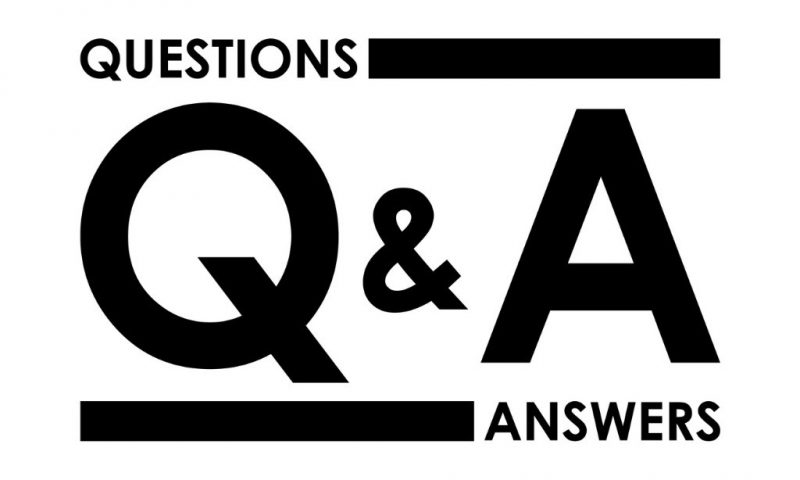
Q. If the government shuts down on October 1st, are stocks in for a rough patch?
Goldman Sachs recently concluded that U.S. government shutdowns generally have not meaningfully impacted equity returns.
In the 14 government shutdowns since 1980, the S&P 500 posted average returns as follows:
Date of Shutdown (0.1)%
Shutdown Periods 0.1%
Date of Resolution 0.3%
One exception is the most recent contentious shutdown in December 2018. The S&P 500 dropped 2% on the day the spending authority expired.
Q. Is the recent stock market correction over?
What correction you say? After all, the recent drawdown in the S&P 500 ending September 20th was only 4.3%. But under the surface, many stocks traded substantially lower. For example, the average stock on the NYSE was off 15% from its 52 week high, and the average stock on the NASDAQ was off 25% (source: Drach Market Research). It has been a tough couple of months for many stocks.
Is the correction over? We are encouraged that breadth off the low has been impressive and sentiment remains bearish, but this week will be dominated by news on legislation out of Washington and the debt ceiling. And then earnings season starts in two weeks. So it appears the market may remain bumpy for a while longer while building a base for the next rally phase.
Q. Where do you stand on investing in China, the world’s second largest economy?
Xi Jinping’s campaign against private enterprise is far more ambitious than meets the eye. His recent regulatory crackdown on technology, education, and casino stocks – and making cryptocurrency transactions illegal – is telling of a broader goal. He is trying to call back China’s decades-long evolution toward western-style capitalism. In Xi’s opinion, private capital has been allowed to run amok. Xi, like Mao Zedong, sees capitalism as a transitory phase on the road to socialism. The goal is to build China into a “modern socialist power,” Xi declared in a speech in January. President Xi’s “new development concept” emphasizes greater equality through common prosperity, reduced vulnerability to the outside world, and greater state intervention in the economy.
Beijing’s crackdown on private businesses has wiped out hundreds of billions of market value in the past two months. And it looks like the state’s tightening will increase, which may make matters worse for Chinese stocks. Unlike the U.S., China is not supporting its stock and bond markets with massive amounts of money. Since the start of the pandemic, the money supply in China has remained stable while it has increased five-fold in the U.S., with another $4.5 trillion awaiting U.S. legislative approval. It appears that the Chinese government may want the correction in Chinese stocks to continue.
Avoiding Chinese stocks has not been costly to investors. Since 1992 the MSCI China Stock index has returned an average of 2.2% annually, including dividends. Over the same time period, the MSCI Emerging Markets index grew 7.8% annually; the S&P 500, 10.7% (source: Wall Street Journal).
We are entering an era of one globe, two systems. Our position is to avoid direct investments in Chinese stocks mainly because of their stated move away from capitalism. We will continue to have “indirect” exposure to China through investments in U.S. multinationals like Apple. Risk management may be best served by taking no position in Chinese stocks.
Q. What is “stakeholder” capitalism and how does it affect my portfolio?
Milton Friedman said that corporations should pursue profit (“shareholder value”) as their primary and sole goal. The truth about maximizing shareholder value is that mathematically you can only maximize one variable. Proponents of “stakeholder” capitalism claim that is focusing on the wrong variable.
The theory of stakeholder capitalism states that all stakeholders – customers, employees, suppliers and society – should be considered in a corporation’s mission and business operations. While some investors view this as an admirable goal, it is not without cost. Focusing on all stakeholders, in theory, dilutes the profit goal. If profits are less (and subsequent growth in profits is lower), the value placed on a public company is less. And if enough companies practice stakeholder capitalism, the expected rate of return on the stock market will be reduced which can affect long-term returns for investors. It is argued that shareholder capitalism is the reason public companies in the U.S. have much greater value versus public companies in other regions like Europe where stakeholder theory is more popular.
